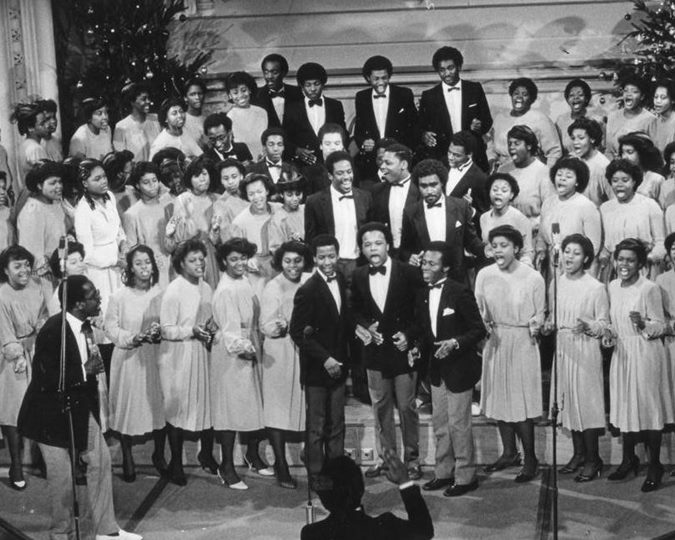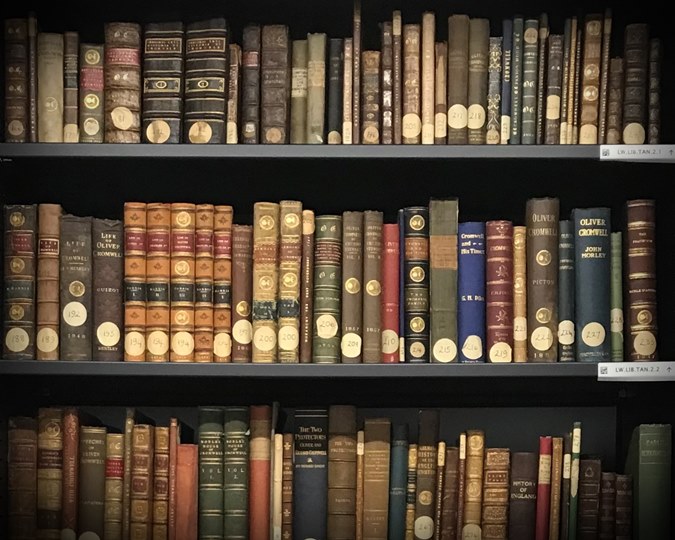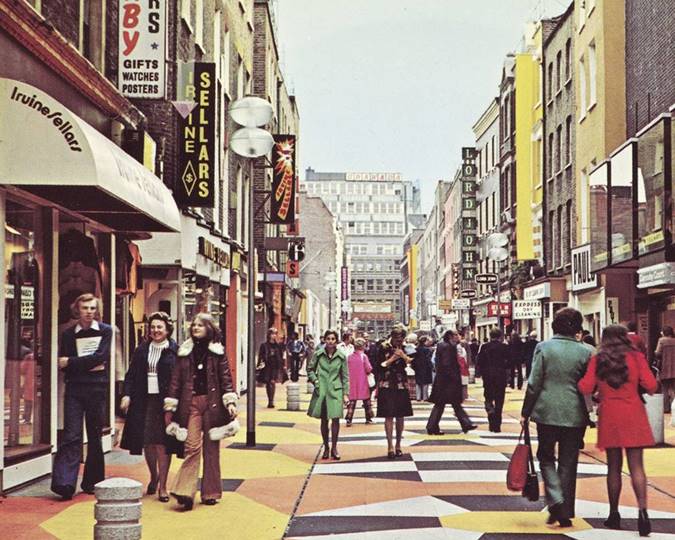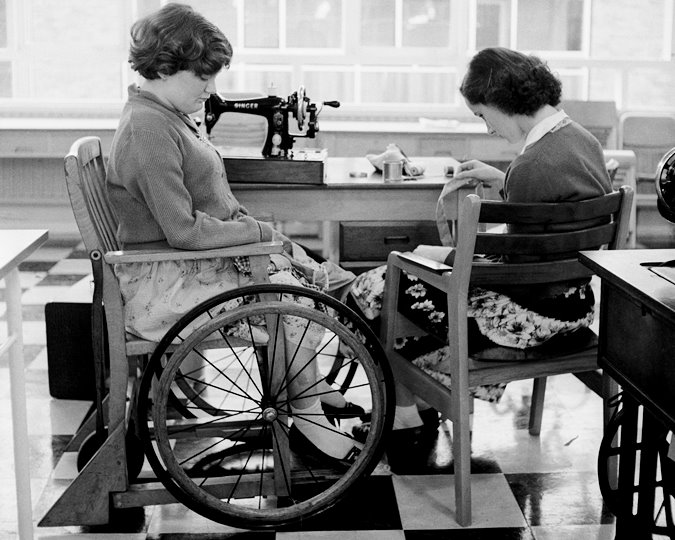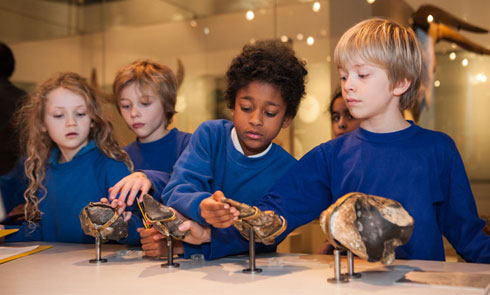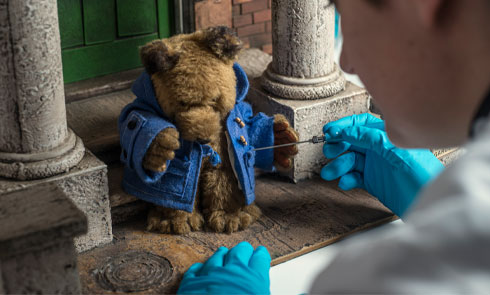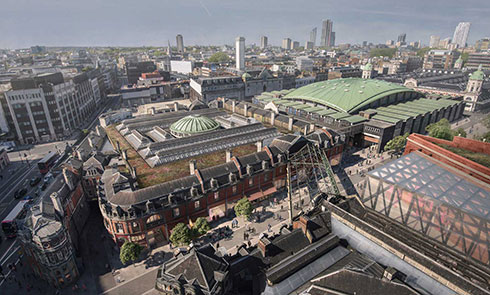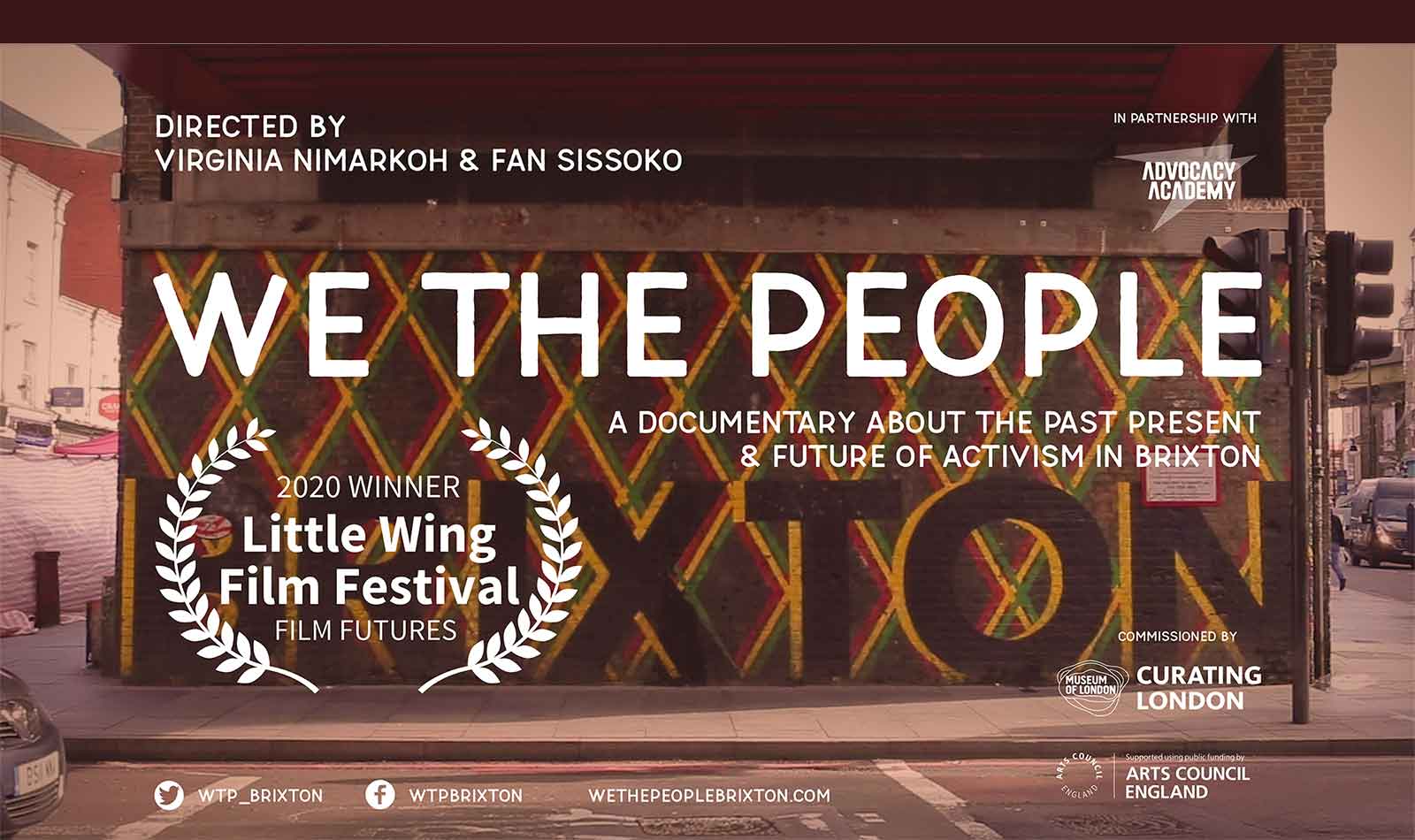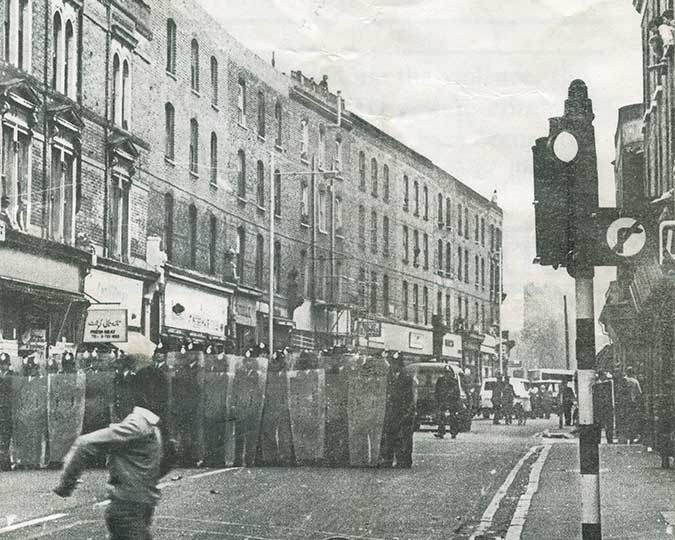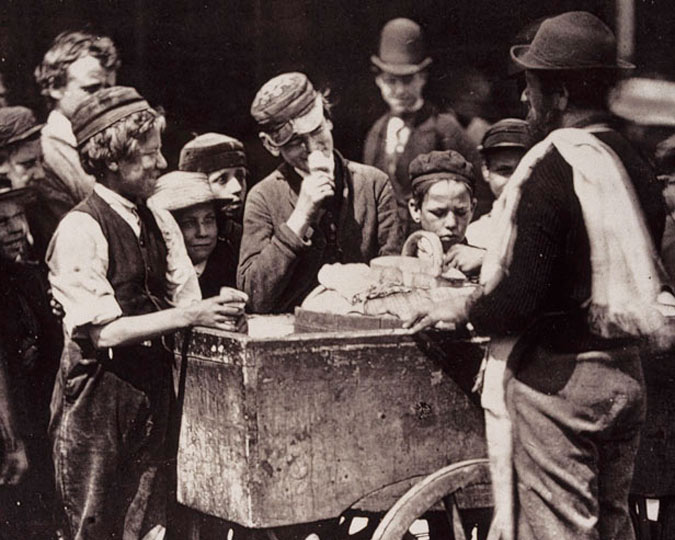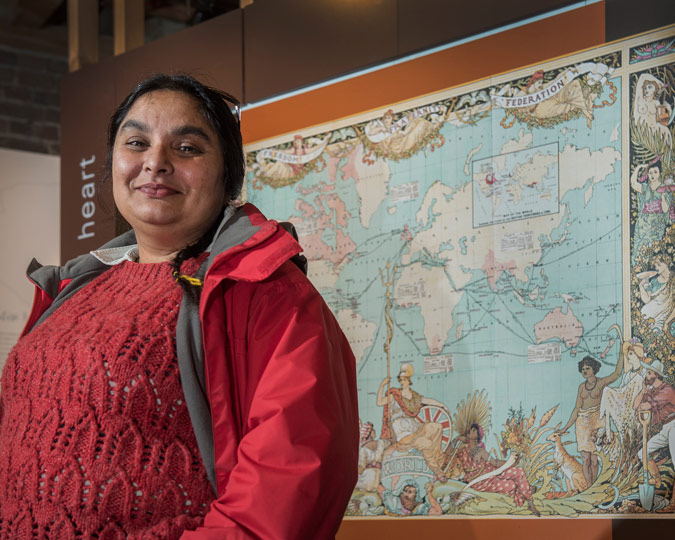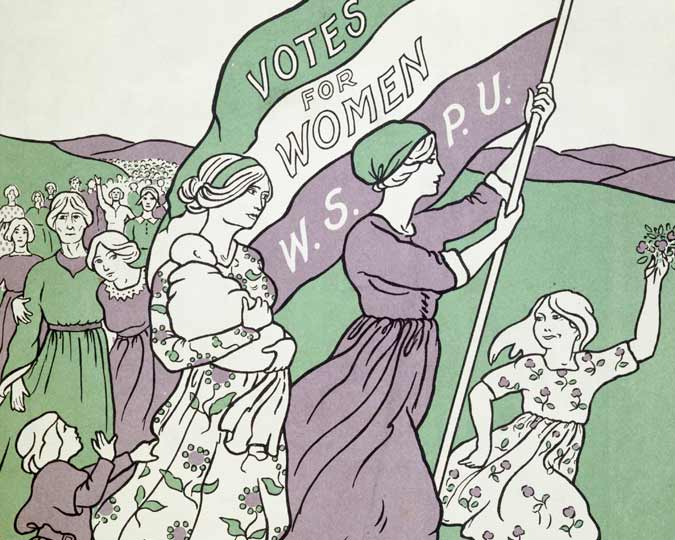In a time of political, social and economic uncertainty, in many ways society has never seemed so fractured. At the same time, we know the neighbourhood that we call home, Brixton in South London, to be one that is resilient, collaborative, creative, generous and unconventional.
As part of Curating London, a programme launched by the Museum of London to capture the breadth and depth of 21st century life in the city, we produced ‘We The People’ a documentary exploring the present, past and future of activism in Brixton, a neighbourhood where local struggles resonate loudly with international Black, Latinx, queer and working-class liberation movements. Brixton has also been our home and a laboratory for our creatives projects for some years.
‘We The People’ is structured around 6 intergenerational conversations between young and more seasoned activists, all with a connection to Brixton. The young people are alumni of The Advocacy Academy, the UK’s first campus for youth activism. Each one of them is engaged in campaigns on issues such as gender equality, race, mental health, education and affordable housing. The film centres their voices in conversation with older activists who have dedicated their lives to such causes.
The conversations take us on a journey down Railton Road through the legacy of Brixton’s radical activist history: from the well documented Brixton Uprising to the lesser known histories of local queer activism and squatting. One of the inspirations behind this film is Olive Morris, a British community leader and activist in the feminist, Black, and squatters' rights campaigns of the 1970s in the United Kingdom. The film explores her legacy alongside that of other activists now in their later years. It is motivated by a desire to record the unwritten stories of a neighbourhood that has resistance in its DNA.
The activists in the film also reflect on the changing face of Brixton. As the neighbourhood attracts more affluent and less diverse communities, the spaces where people could come together, dream together and change the world together are threatened. What will remain of Brixton’s activist heritage in the face of gentrification and Brexit?
Spring - Opening up the process
The film was co-produced with a group of young people from The Advocacy Academy led by Tom Ross-Williams. The development process involved a series of workshops where the young activists discussed their relationship to Brixton and the themes they would like to see represented in the film. The process also involved reflective discussions about documentary filmmaking and storytelling, where they learned some practical filmmaking methods. The young activists' input was key in developing the film. It influenced which older activists we approached to participate in the film, as well as how we framed some of the questions we used to guide the conversations. For example, the first workshop led to a rich discussion about how Brixton is changing in relation to gentrification and how that is impacting on their ability to live, belong and express their identity in their neighbourhood. This became a stronger focus of the final narrative than we had originally intended.
Summer - Making connections
The process of finding, approaching and selecting older activists and matching them with the young people was, again, a rich collaborative and iterative process. First of all, we had to agree as a group on who we referred to as activists. For us, as filmmakers, it was clear that this definition had to be inclusive. That’s why the film includes people as impressive as Leila Hassan Howe, who was a member of the British Black Panthers movement and edited Race Today, as well as people who might not consider themselves activists, but who are involved in quietly transforming their neighbourhood, through gardening with Loughborough Farm for example.
The joy of having made ‘We The People’ is not just in having captured those stories on film. It is also in all the connections that were formed through the process of making it. Some have sparked deeper friendships that have been humbling and inspirational.
What we hope comes across in the film is the care and curiosity with which all the participants approached the conversations. From behind the camera, it was a privilege to witness each of these conversations and to see the participants getting to know each other, embracing deep questions and finding common grounds.
Autumn - Editing and using community archive
When we started to edit the footage, the richness of what we had captured became apparent, and it felt as if each conversation could have been its own film. We decided that the main character of the film was Brixton, its resilience and the threats it is currently facing. It is a complex, layered neighbourhood, and we structured the film to reflect that.
As historical struggles were consistently referred to in the conversation, we also decided to use archival material. In our search, we found relevant footage from the 70s and 80s, including of the Brixton Uprising and various Pride events. We also found that much of this footage is owned by large media companies and unaffordable to us. This raised significant questions around the ownership of local history, and reinforced our motivation for this film: to record and share stories at risk of being forgotten for and by the community. We, therefore, turned to local artists and archivists like Honey Salvadori, who has been documenting the Brixton’s communities since the 80s, or Clovis Salmon, aka Sam The Wheels, who has been recording Brixton life since the 60s. The museum has previously acquired a film oral history on Clovis, ID: 2019.21. We also worked with Lambeth Archives, May Day Rooms and other local residents to find archival material such as flyers, posters, badges and personal photographs. This process highlighted for us the importance of contemporary archiving, especially at a time where the Internet seems to have become the main space where activism gets recorded, in an often temporary and, ultimately, precarious way.
Winter - Sharing the film
We decided to host five community screenings to launch ‘We The People.’ We chose some of the community venues that were featured in the film, such as The Advocacy Academy, Cressingham Gardens Estate and Brixton Housing Co-op, as well as Brixton Library and Beaconsfield Gallery. Each screening had a different tone, influenced by the venue, the audience, and possibly the weather too! Sometimes, the film was received with a sense of joy and connection. Other times, the audience responded to the sense of grief and nostalgia that also features in the film. There was always a feeling of inspiration. The many layers of emotion seem fitting for a film about Brixton: a complex character with a multiple, sometimes conflicting, identity of love, action, and story.
We The People is a short film by Virginia Nimarkoh and Fan Sissoko, made in partnership with The Advocacy Academy, the UK’s first campus for young activists, based in Brixton.
We The People is a Museum of London commission and has been accessioned into the London Collection (ID: 2020.63).
Featuring: Davida Afriye, Ibtisam Ahmed, Martins Banjo, Helen Carr, Anne E. Cooper, Ajuub Faraji, Angie Lorena Gomez, Leila Hassan Howe, Ana Laura Lopez de la Torre, Betty Pearl Mayo, Semi Orekoya, Becky Payne, Jemmar Samuels, Heather Seal, Shiden Tekle, Clare Truscott, and Malcolm Watson. Associate Director: Tom Ross-Williams
Original soundtrack: Dubmorphology

